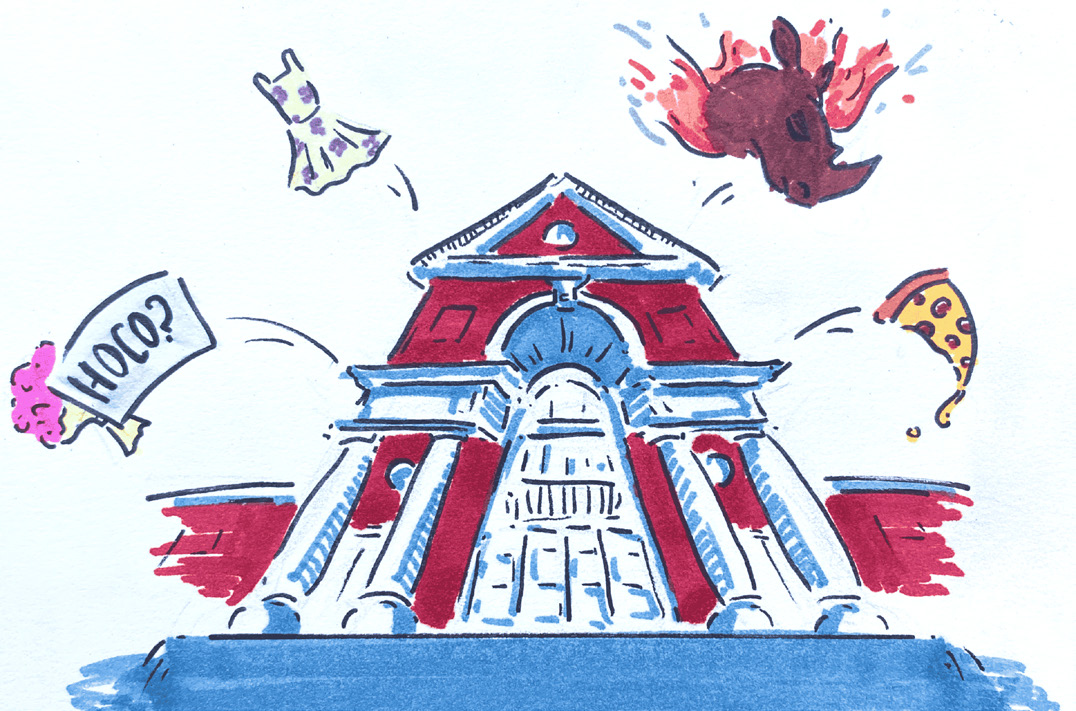On March 27, a gunman shot and killed six people at a private elementary school in Nashville, Tennessee. Tragically, this is one of more than 130 mass shootings in 2023 alone.
The ubiquity of gun violence in this country is a terrifying reality, and unless we want the loss of innocent lives to continue, it must be addressed. Through federal reform and by closing loopholes, the government has the power to stem the tide of shootings and protect many innocent lives.
Some solutions to this crisis have been proposed for years. One such proposal is enforcing universal background checks for guns bought in all locations. This would prevent high-risk individuals from gun ownership.
Unfortunately, Congress has consistently failed to pass legislation that would achieve this goal. The 117th U.S. Congress (2021-2023), for instance, proposed the Bipartisan Background Checks Act, which would enact universal background checks, however, it wasn’t approved.
Those opposed to the act believed it would not have a significant impact on preventing high-risk individuals from obtaining firearms, as they would continue finding loopholes to purchase guns. However, if executed properly, this act would make it significantly more difficult for high-risk individuals to purchase guns and reeduce the number of mass shootings.
In the absence of universal background checks, there are many loopholes that allow high-risk individuals to purchase firearms. The leading loophole is the “Gun Show” loophole or private sale exemption.
While background checks are required for those who buy from federally licensed firearm dealers, such purchases only account for 40% of American firearm sales. The other 60% either take place online, where they cannot be monitored, or at gun shows, where regulations are less strict. These acquisitions can be made without federal background checks.
Another loophole that has disastrous consequences is the “Charleston Loophole,” which is named after a 2015 shooting in Charleston, South Carolina. On June 17, 2015, a gunman entered the Emanuel AME Church and fatally shot nine people.
Many attributed this shooting to a law that allows gun sales to proceed after three business days, even if background checks have not been completed. This is a serious issue, as it allows many people to circumvent established requirements for background checks.
States have been passing laws to combat this problem by giving regulators more time — for example, Connecticut has extended the waiting period to 60 days. There is no reason why this loophole should not be closed through similar legislative reform at the federal level.
The “Boyfriend Loophole” is another dangerous ambiguity in federal law. When individuals are convicted of domestic abuse, they are restricted from possessing firearms.
But the law only applies to abusers who are married, have a child, or identify as the victim’s legal guardian. However, domestic violence outside of these groups is very common. In fact, every 16 hours, a woman is shot by a previous partner to whom she was not not married and had no legal ties.
Outlawing gun possession for individuals who might pose a danger to others will drastically decrease gun violence. Educating ourselves on the current federal laws, loopholes, past shooting, and the need for federal reform is the first step to making change. This enables us to develop a convincing argument which we can provide to our state representatives. In turn, they may persuade Congress to enact necessary policies, such as the Bipartisan Background Checks Act, bringing national attention to federal reform.
Together, by making our voices heard, we can save innocent lives.






